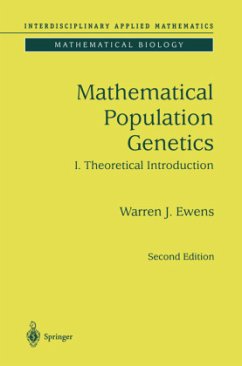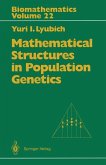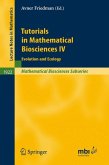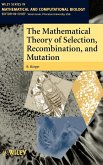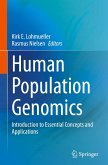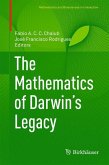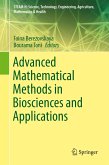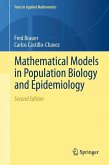Population genetics occupies a central role in a number of important biological and social undertakings. It is fundamental to our understanding of evolutionary processes, of plant and animal breeding programs, and of various diseases of particular importance to mankind.
This is the first of a planned two-volume work discussing the mathematical aspects of population genetics, with an emphasis on the evolutionary theory. This first volume draws heavily from the author's classic 1979 edition, which appeared originally in Springer's Biomathematics series. It has been revised and expanded to include recent topics which follow naturally from the treatment in the earlier edition, e.g., the theory of molecular population genetics.
This book will appeal to graduate students and researchers in mathematical biology and other mathematically-trained scientists looking to enter the field of population genetics.
This is the first of a planned two-volume work discussing the mathematical aspects of population genetics, with an emphasis on the evolutionary theory. This first volume draws heavily from the author's classic 1979 edition, which appeared originally in Springer's Biomathematics series. It has been revised and expanded to include recent topics which follow naturally from the treatment in the earlier edition, e.g., the theory of molecular population genetics.
This book will appeal to graduate students and researchers in mathematical biology and other mathematically-trained scientists looking to enter the field of population genetics.
From reviews of the 1979 edition: "Here we have perhaps the most articulate of the many fine Australian population geneticists bringing us up to date on the mathematical aspects of his field." -B. S. Weir, William Neal Reynolds Professor of Statistics and Genetics, Director, Bioinformatics Research Center, North Carolina State University
"This book is an excellent source to learn the field for a mathematician or mathematically sophisticated reader." -SIAM Rezension
"An important reference to anyone interested in the mathematical aspects of population genetics, not only to those actually doing it, but to anyone trying to bridge the now substantial gap between theoretical and experimental population genetics." -The Quarterly Rezension of Biology
"This book is an excellent source to learn the field for a mathematician or mathematically sophisticated reader." -SIAM Rezension
"An important reference to anyone interested in the mathematical aspects of population genetics, not only to those actually doing it, but to anyone trying to bridge the now substantial gap between theoretical and experimental population genetics." -The Quarterly Rezension of Biology

